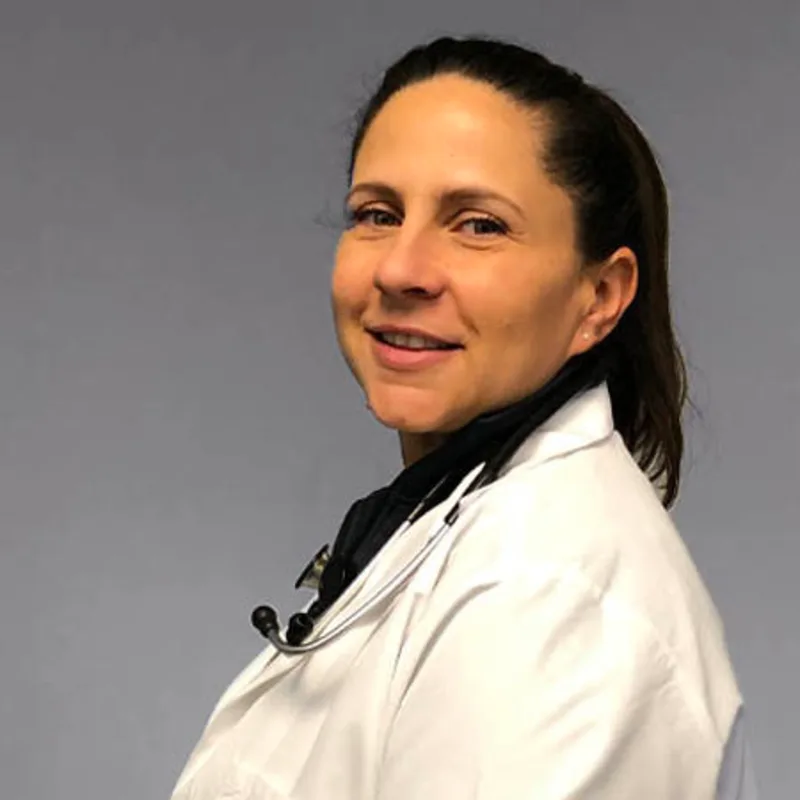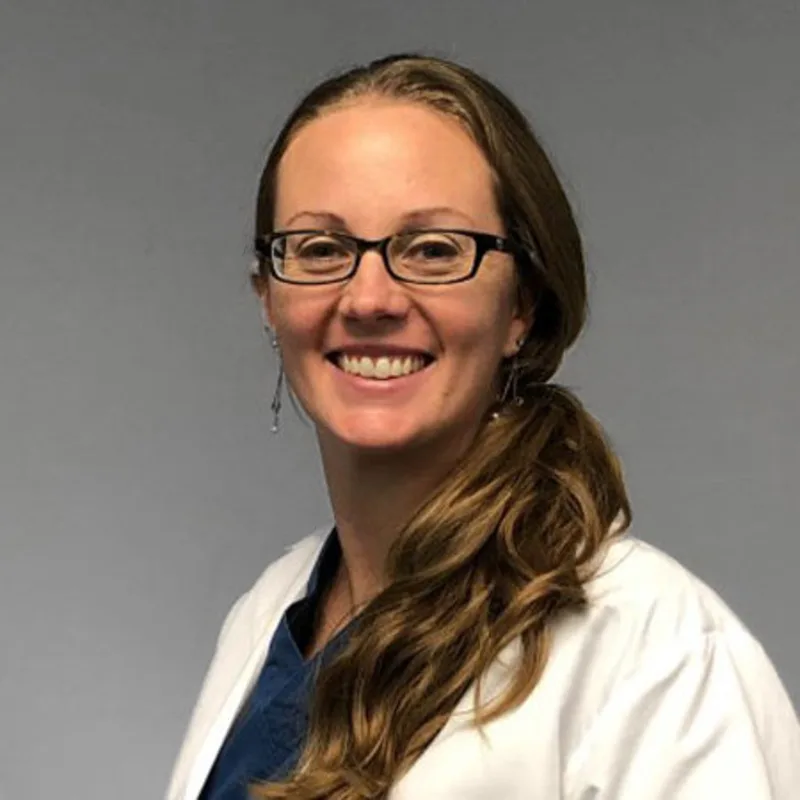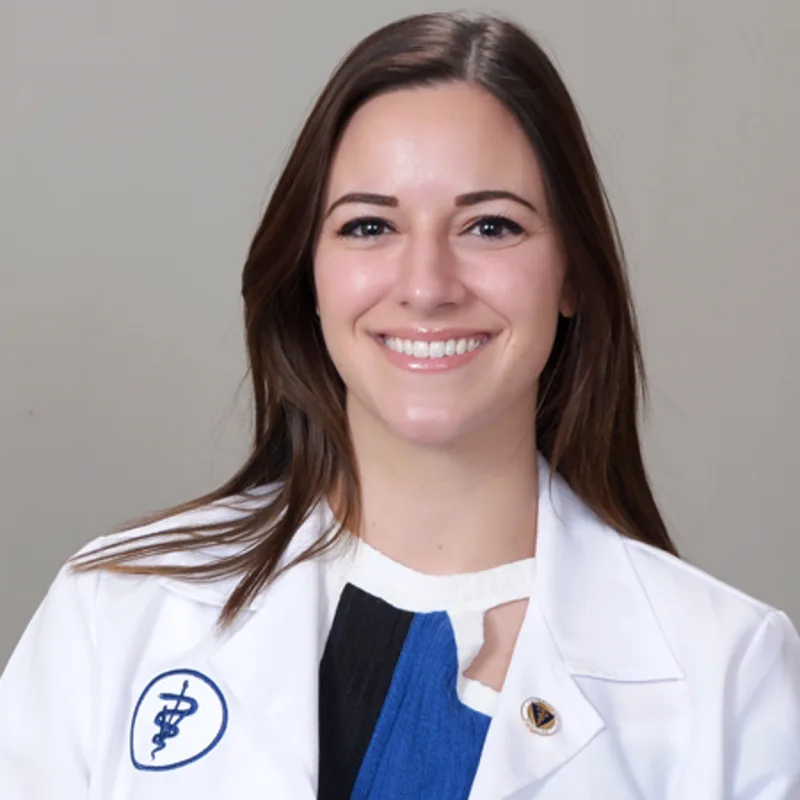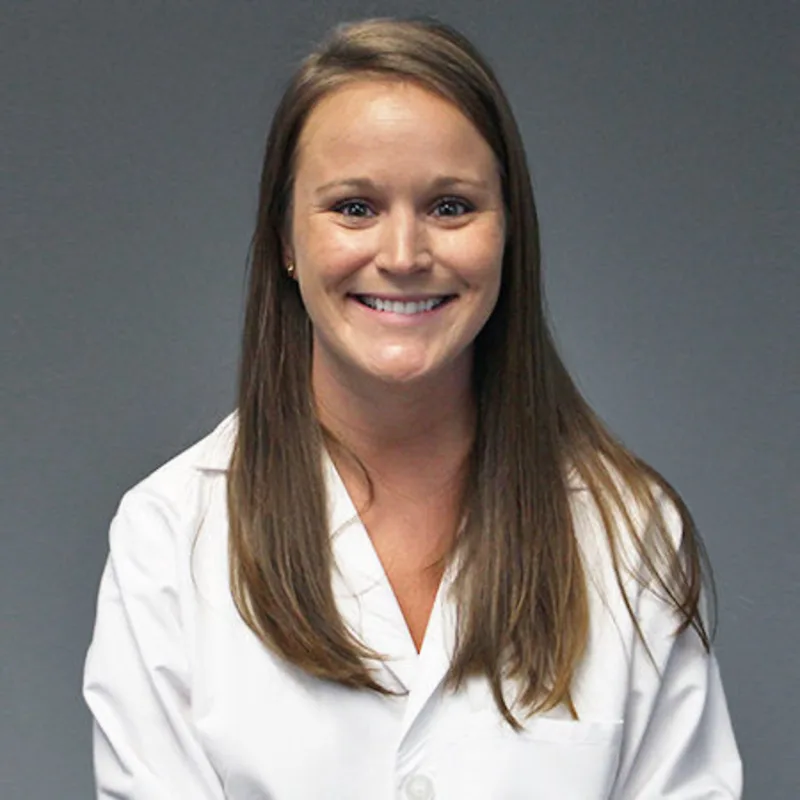Massachusetts Veterinary Referral Hospital (MVRH)

Emergency/Critical Care
Our Emergency and Critical Care team is on site 24 hours per day, 365 days per year.
Mass Vet is a certified Level I veterinary emergency and critical care facility. Hospitals certified as Level 1 by the Veterinary Emergency and Critical Care Society (VECCS) must meet strict requirements for staffing, equipment, and medical expertise.
Patients are never left unattended in our ICU; you can rest assured that as your pet recovers, he or she will be cared for at all times.
What to Do if You Suspect Your Pet Has Eaten Something Toxic
POISON CONTROL CENTERS:
Gather up any packaging or remains of anything that was eaten or suspected as having been eaten! This step will help speed up the diagnosis. Please don’t be shy; if it was marijuana or any other embarrassing (or illicit) product, please be honest with our team about it; it will speed up diagnosis and treatment.
HELP! My Pet Ate Something!

Gather
Gather as much information as you can:
Do you have the wrapper, box, or any packaging?
How much did your pet eat?
When did they eat it?
How are they acting?

Call
If you're unsure if your pet ate something or if it's toxic, but no symptoms have presented, call one of the following:
24/7 Pet Poison Helpline: (855) 764-7661
24/7 ASPCA Animal Poison Control: (888) 426-4435

Go
If your pet is showing symptoms, acting strange, or if you're sure they ate something toxic:
Go to the nearest open veterinary hospital or your primary vet
Go to the nearest emergency vet hospital (if time permits)
The team in our emergency and critical care department work with other specialists and your primary care veterinarian to provide the comprehensive care your pet needs.
Our emergency veterinarians and critical care specialists have extensive training in a complete range of emergency and critical care services and are supported by a team of experienced veterinary technicians.
Our emergency and critical care veterinarians are highly specialized in the treatment of patients who have sustained trauma, are critically ill, and require intensive, critical care. We also treat minor emergencies and provide care for patients in need of medical attention when your family vet is not available. Our team is always available, day or night.
Your family veterinarian may refer you to an emergency or critical care doctor for diagnosis and ongoing support of many conditions, including, but not limited to:
Diagnostics
Radiography (X-Rays)
Ultrasound
CT-Scan
MRI
Emergency Services
Comprehensive Emergency Medical Exam
Surgical Services through Emergency/Critical Care
Hemodialysis & Therapeutic Plasma Exchange
Acute pain
Continuous EKG monitoring
Dystocia management (difficulty giving birth)
Full cardiopulmonary resuscitation (CPR) including defibrillation
Immune-related diseases
Infectious diseases
Kidney and liver disease
Neurologic problems
Peritonitis
Pneumonia and lung disease
Severe pancreatitis
Severe gastrointestinal emergencies (bloat)
Sepsis management
Seizure management
Toxicosis or poisonings
Trauma
Trouble breathing
Trouble walking
Trouble urinating
Helpful Links
Veterinary Emergency and Critical Care Society
American College of Veterinary Emergency and Critical Care
PET-SPECIFIC FIRST AID KIT:
We recommend that you keep a pet-specific first aid kit in your car as a best practice, just as you would a human-first aid kit. Click the link for a printable PDF. Keep the print out in your kit for when you need to restock.
First Aid Kit Checklist
Pet Backpack or lunchbox
Place all the following items inside and remember to restock
Phone Numbers:
Your regular veterinarian, the closest emergency room, and Poison Control; (888) 426-4435
A spare leash
Self-cling bandage
Muzzle
Gauze pads
Gauze
Bandage tape
Ice pack
Cotton balls
Scissors
Saline solution
Tweezers
Rectal thermometer
Disposable gloves
Blanket
Diphenhydramine (Benadryl)
(If approved by a veterinarian)
Styptic powder (Kwik Stop)
Nail clippers
Flashlight
Rubbing alcohol
(To clean the thermometer)
Your pet's paperwork
Rabies certificate, Important Medical Records
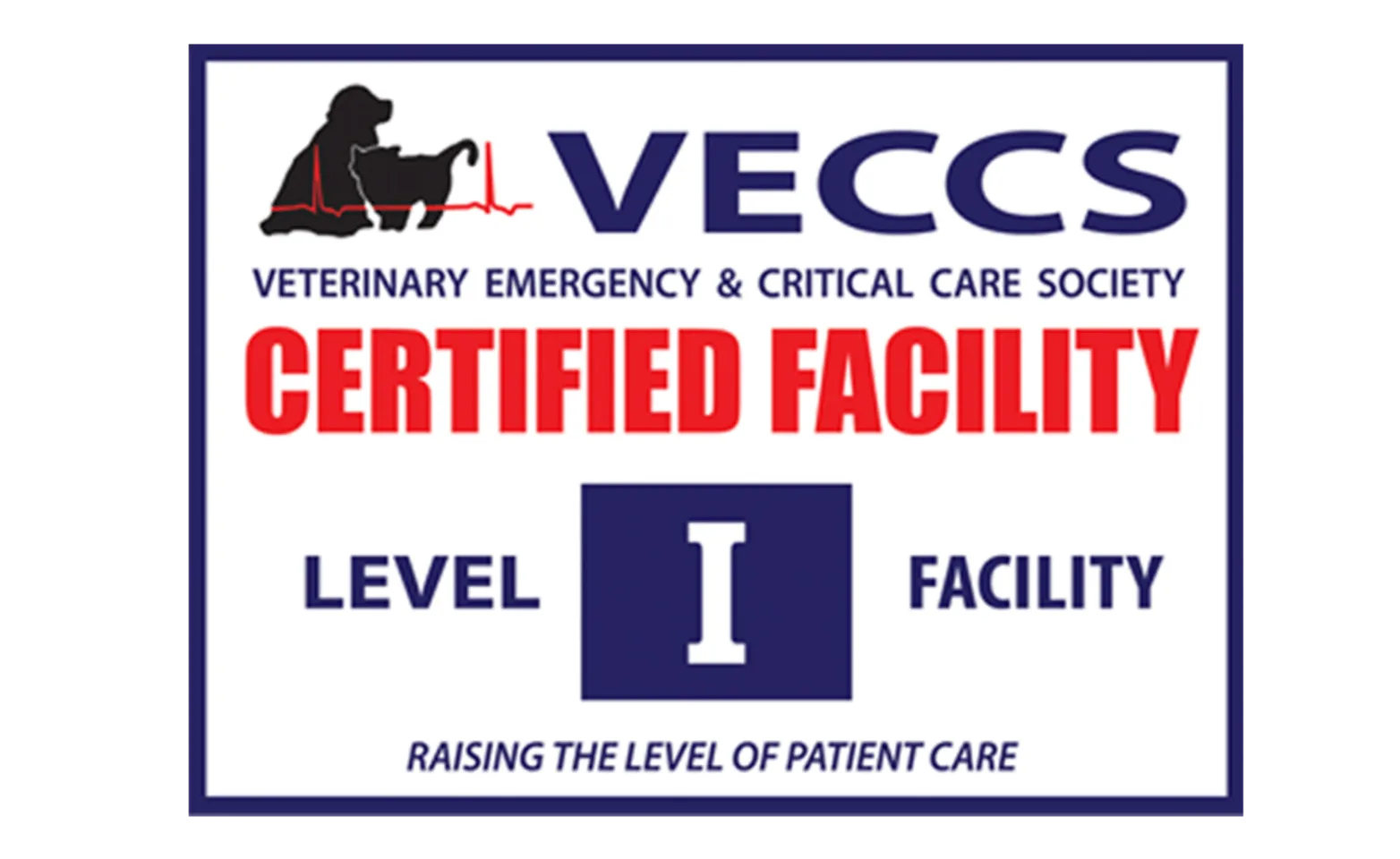
Level One Emergency and Critical Care Facility
Mass Vet is recognized as a certified Level One Emergency and Critical Care Facility by the Veterinary Emergency & Critical Care Society (VECCS), indicating the highest level of Emergency and Critical Care (ECC) patient care, based on specialist and technician staffing, emergency capabilities, equipment and instrument availability, in-patient support capabilities, continuing education programs, and facilities.




